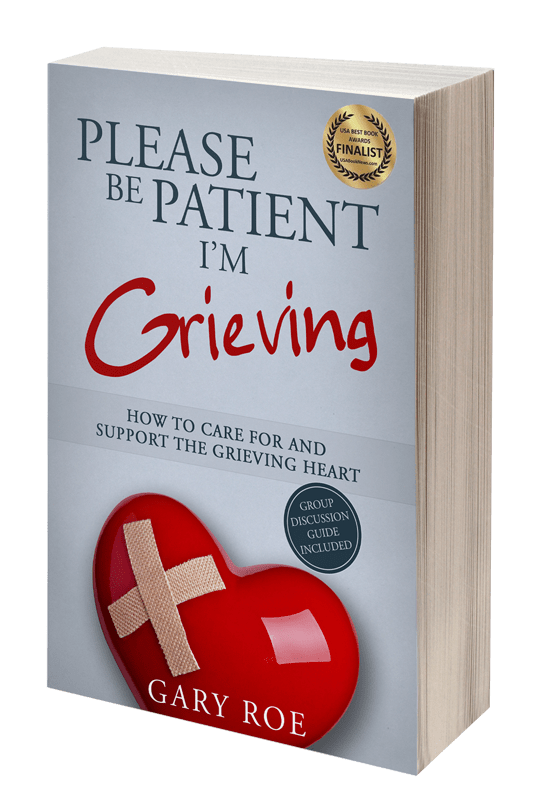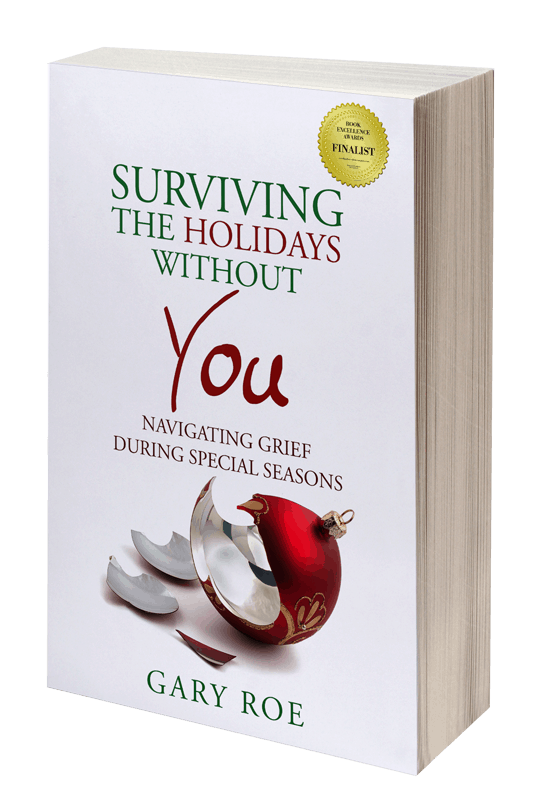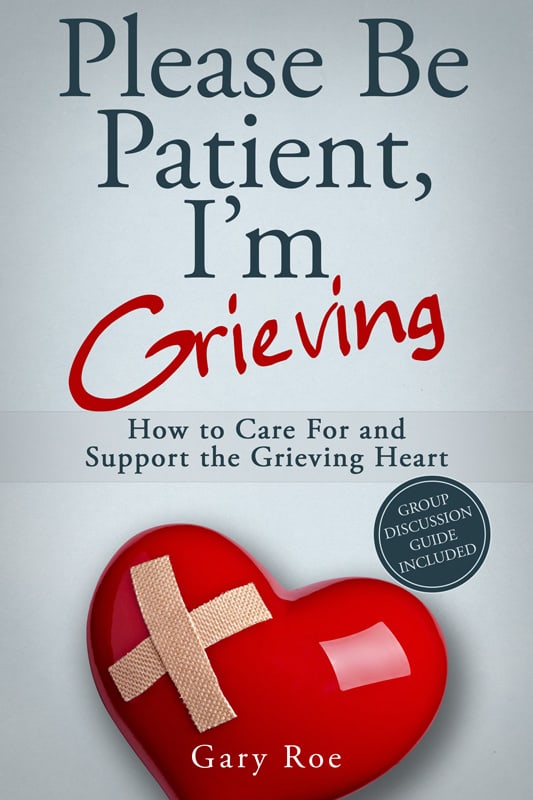[image_frame style=”framed_shadow” align=”left” height=”375″ width=”613″ link_to = “false” prettyphoto = “false”]https://www.garyroe.com/wp-content/uploads/2014/09/photodune-6932328-sad-man-thinking-s.jpg[/image_frame]
Photo courtesy of ©photodune.net
[div style=”!important; position: relative; top:-15px”]
[dropcap2 variation=”coffee”]I[/dropcap2] hate messing up – especially when I let others down or hurt someone.
I’ll bet you do too.
Will we fail sometimes? Yes.
Will we disappoint others? Yes.
Will we hurt some people in the process? Yes.
Failure is common. How we respond to it is critical.
A Tale of Two Souls
The name Judas has become synonymous with betrayal. He was one of Jesus’ inner circle, one of the famed twelve. Jesus didn’t fit the mold of Messiah Judas was expecting. The end result was Judas sold Jesus into the hands of the authorities for thirty silver coins.
The next morning as Jesus was condemned to crucifixion, a wave of remorse swept over Judas. He returned the silver, throwing it into the Temple with disgust. Then he killed himself.
What happened?
Judas failed big-time. He felt remorseful, but allowed guilt to take over. He saw the enormity of his error and couldn’t imagine any redemption, any forgiveness large enough to cover it. He believed his sin was greater than God’s ability to deal with it (and with him).
Judas allowed his failure to define him. And it stole his life.
As Judas’ drama was playing out, another of Jesus’ inner circle blew it. Peter was arguably the most passionate and closest of Christ’ disciples. When Jesus was taken captive, Peter followed at a distance. As he awaited the outcome of Jesus’ trial, several onlookers recognized him.
To save his own skin, three times Peter declared, “I don’t know the man!” This from the disciple who pledged his willingness to die for Jesus a few hours earlier.
Another betrayal.
Remorse seized Peter as well. In his heart, he owned up to what he had done. He grieved, deeply. He re-engaged with the rest of the disciples. He went with John to see the empty tomb. He had conversations with Jesus after the resurrection. He became a bold, fearless leader in the early church.
Similar scenarios, two very different results. Peter launched from his failure into his mission. Judas ended his own life.
Yes, how we respond to failure is critical. It can change everything.
When You Mess Up…
- Be remorseful, but don’t let it rule your heart. Let remorse propel you to action.
- Own up. Tell yourself and God the truth. Confess to others if appropriate. Ask forgiveness.
- Don’t let your mistakes define you. Only God can do that. Forgive yourself.
- Don’t be arrogant, thinking your actions are more powerful than God’s ability to forgive and restore.
- Make amends when you can, especially when it benefits the other party and your relationship.
- Learn from your mess-ups. Use them to heal, grow, and engage in deeper relationship with God and others.
Dare to believe that God can turn anything around.
Question: How are you learning to use failure to propel you forward?
[/div]



















I totally agree. Sometimes we hurt people because we were too focused on our own situation just like Peter. The truth of the matter is many times I have tried to convince myself that because the hurt was unintentional I am really not THAT wrong. But the real truth is what the Bible teaches, we should go to that person and confess our wrong and ask for forgiveness from that person and from God. It really is a liberating experience. I know God has forgiven me and then just like Peter we are free to work on restoring the relationship.
Thank you, Julie. “Liberating” is right! Yeah, I now the “I’m not THAT wrong” thought. You’re right – it does no good. Self-justifying is so easy, isn’t it?
I totally agree. Sometimes we hurt people because we were too focused on our own situation just like Peter. The truth of the matter is many times I have tried to convince myself that because the hurt was unintentional I am really not THAT wrong. But the real truth is what the Bible teaches, we should go to that person and confess our wrong and ask for forgiveness from that person and from God. It really is a liberating experience. I know God has forgiven me and then just like Peter we are free to work on restoring the relationship.
Thank you, Julie. “Liberating” is right! Yeah, I now the “I’m not THAT wrong” thought. You’re right – it does no good. Self-justifying is so easy, isn’t it?
I’ve made many! I can’t move forward unless I stop immediately, confess, and apologize. I would even go a step further and say apologize without excuses. When you make excuses, it just doesn’t seem like a real apology. I think people are more forgiving when you just go to them and say, “Hey, I messed up, I’m so sorry, and I promise it won’t happen again.” Whether they forgive me or not, I’ve done my part. I can move on then and not beat myself up (as much).
Hi Kat. Yep. Why make excuses or qualify our apologies with, “Well, I didn’t mean to, but…” or “I’m sorry I hurt your feelings, BUT…” We need to own what’s ours, and let the other party have what’s theirs. Easy to say, huh? How freeing it is to do our part, and then leave it there. Thanks, Kat!
I’ve made many! I can’t move forward unless I stop immediately, confess, and apologize. I would even go a step further and say apologize without excuses. When you make excuses, it just doesn’t seem like a real apology. I think people are more forgiving when you just go to them and say, “Hey, I messed up, I’m so sorry, and I promise it won’t happen again.” Whether they forgive me or not, I’ve done my part. I can move on then and not beat myself up (as much).
Hi Kat. Yep. Why make excuses or qualify our apologies with, “Well, I didn’t mean to, but…” or “I’m sorry I hurt your feelings, BUT…” We need to own what’s ours, and let the other party have what’s theirs. Easy to say, huh? How freeing it is to do our part, and then leave it there. Thanks, Kat!